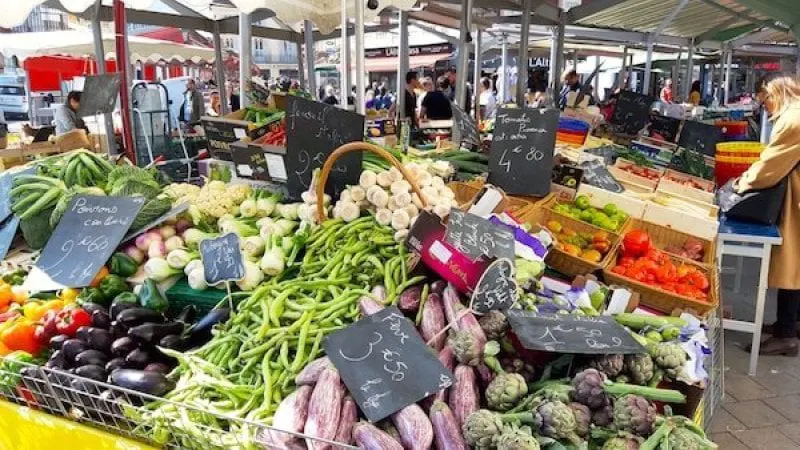Viewpoint: Challenging organic advocates’ claims that agroecology and regenerative farming can sustainably feed France
Viewpoint: Challenging organic advocates’ claims that agroecology and regenerative farming can sustainably feed France


“Organic could satisfy the needs of the French population quite easily if the proportion of animal products in our diet was relatively reduced (a rather favorable orientation for health),” [said Joseph Pousset.]
Easily? According to his calculations, “generalized organic farming in mainland France would provide the current average diet for about 50 million inhabitants.” For a population of 66.7 million in 2021, this undoubtedly represents a substantial reduction in diet — as well as a drastic reduction in our exports, our contribution to feeding our European and extra-European neighbors.
Organic farming means giving up on synthetic nitrogen fertilizers which, if implemented, can only feed a little less than half of the world’s population (and perhaps more given the origin of certain organic fertilizers). The message that France would send to the world, a France that would do better than Sri Lanka, would be disastrous.
Banning phytosanitary products whose only defect is that they are “synthetic” means giving up securing yields – therefore food sovereignty – and product quality – therefore food safety. The existence of certain types of production would be compromised, as would favorable technical itineraries from an economic and ecological point of view.
…
In short, unless the French farm is transformed into a fortress sheltered from international competition and the peasants into managers of largely subsidized and unproductive rural areas, this is drawing a line under our agriculture as well as our food sovereignty and security.
[Editor’s note: This article was originally published in French and has been translated and edited for clarity.]
This is an excerpt. Read the original post here.

 | Videos | More... |

Video: Nuclear energy will destroy us? Global warming is an existential threat? Chemicals are massacring bees? Donate to the Green Industrial Complex!
 | Bees & Pollinators | More... |

GLP podcast: Science journalism is a mess. Here’s how to fix it

Mosquito massacre: Can we safely tackle malaria with a CRISPR gene drive?

Are we facing an ‘Insect Apocalypse’ caused by ‘intensive, industrial’ farming and agricultural chemicals? The media say yes; Science says ‘no’
 | Infographics | More... |

Infographic: Global regulatory and health research agencies on whether glyphosate causes cancer
 | GMO FAQs | More... |

Why is there controversy over GMO foods but not GMO drugs?

How are GMOs labeled around the world?

How does genetic engineering differ from conventional breeding?
 | GLP Profiles | More... |

Alex Jones: Right-wing conspiracy theorist stokes fear of GMOs, pesticides to sell ‘health supplements’




 Viewpoint — Fact checking MAHA mythmakers: How wellness influencers and RFK, Jr. undermine American science and health
Viewpoint — Fact checking MAHA mythmakers: How wellness influencers and RFK, Jr. undermine American science and health Viewpoint: Video — Big Solar is gobbling up productive agricultural land and hurting farmers yet providing little energy or sustainabilty gains
Viewpoint: Video — Big Solar is gobbling up productive agricultural land and hurting farmers yet providing little energy or sustainabilty gains Trust issues: What happens when therapists use ChatGPT?
Trust issues: What happens when therapists use ChatGPT? Fighting deforestation with CO2: Biotechnology breakthrough creates sustainable palm oil alternative for cosmetics
Fighting deforestation with CO2: Biotechnology breakthrough creates sustainable palm oil alternative for cosmetics California, Washington, Oregon forge immunization alliance to safeguard vaccine access against federal undermining
California, Washington, Oregon forge immunization alliance to safeguard vaccine access against federal undermining 30-year-old tomato line shows genetic resistance to devastating virus
30-year-old tomato line shows genetic resistance to devastating virus The free-range chicken dilemma: Better for birds, but with substantial costs
The free-range chicken dilemma: Better for birds, but with substantial costs ‘You have to treat the brain first’: Rethinking chronic pain with Sanjay Gupta
‘You have to treat the brain first’: Rethinking chronic pain with Sanjay Gupta
